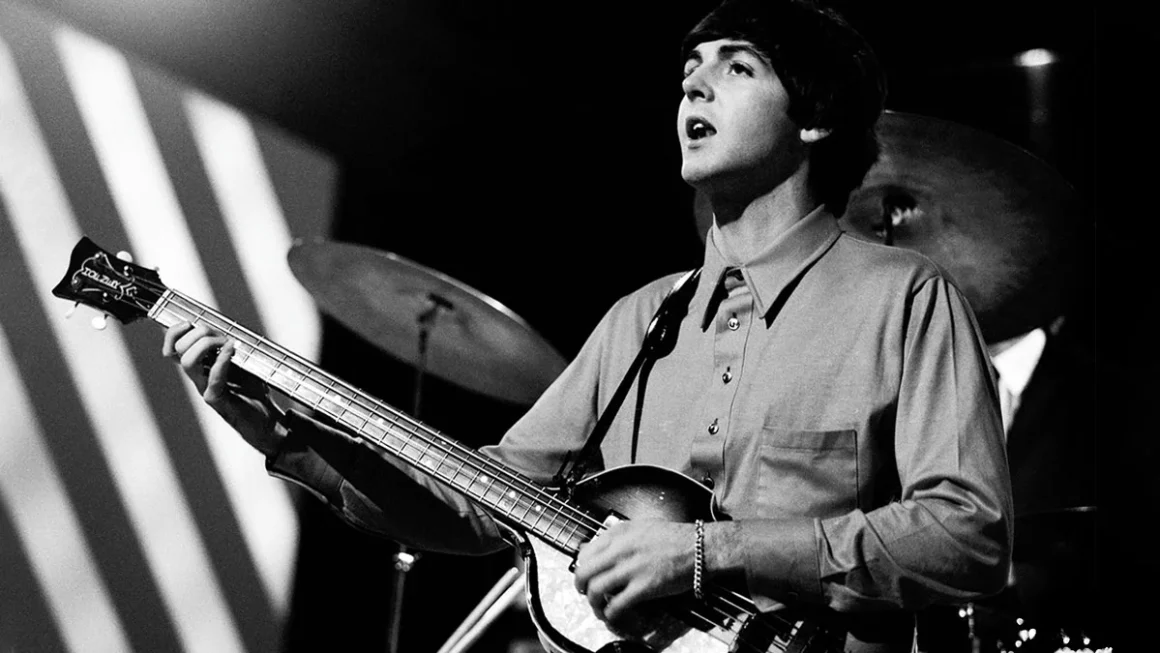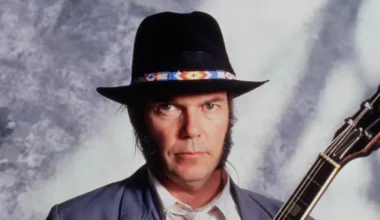Keith Richards once shared a fascinating observation about the key difference between The Rolling Stones and The Beatles. Paul McCartney recalled the comment vividly: “I remember Keith Richards saying to me, ‘You had four singers. We only had one.’ Little comments like that will set me off, and I think, ‘Wow.’ That is pretty uncanny.”
This insight underscored a defining feature of The Beatles: their unparalleled harmonies and shared spotlight. Unlike most bands with one standout star, The Beatles distributed their vocal duties equally. Each member had a unique voice, and fans cherished them as a collective rather than focusing solely on individual talents.
Their shared vocal responsibility also shielded The Beatles from the kind of scrutiny faced by other vocalists. Critics and fans celebrated them as a unit, praising the sum of their parts rather than dissecting the individual contributions. As a result, Paul McCartney’s vocal abilities were seldom compared to others—except on one occasion, which cut him deeply.
Lennon’s Critique That Hit McCartney Hard
Following The Beatles’ breakup, tensions flared between John Lennon and Paul McCartney, creating a public rift in the 1970s. Lennon, unreserved in his opinions, unleashed his criticisms in interviews and even took jabs at his former bandmates in the book Lennon Remembers. Among the biting remarks, one comment about McCartney’s singing stood out: Lennon compared him to Engelbert Humperdinck.
Humperdinck, while a successful artist, was often seen as a one-dimensional balladeer—a characterization McCartney found both unfair and wounding. For someone as versatile as McCartney, the remark struck a nerve.
“I hated it,” McCartney admitted in his memoir, reflecting on Lennon’s harsh words. “You can imagine, I sat down and pored over every little paragraph, every little sentence.
‘Does he really think that of me?’ I thought. And at the time, I thought, ‘It’s me. I am. That’s just what I’m like. He’s captured me so well; I’m a turd, you know.’ I sat down and really thought, ‘I’m just nothin’.’”
A Painful Journey Toward Self-Acceptance
This period was particularly difficult for McCartney, who was already grappling with the fallout of The Beatles’ breakup. To read such stinging words from a close friend and former collaborator made the experience even more painful.
“People who dug me, like Linda, said, ‘Now you know that’s not true, you’re joking. He’s got a grudge, man; the guy’s trying to polish you off,’” McCartney recalled.
“Gradually, I started to think, ‘Great, that’s not true. I’m not really like Engelbert; I don’t just write ballads.’ And that kept me kind of hanging on; but at the time, I tell you, it hurt me. Whew. Deep.”
Ultimately, McCartney was able to climb out of the emotional hole Lennon’s comments had pushed him into. Still, the episode serves as a reminder of the complex dynamics between the former bandmates—two icons whose friendship and rivalry left a lasting imprint on music history.







